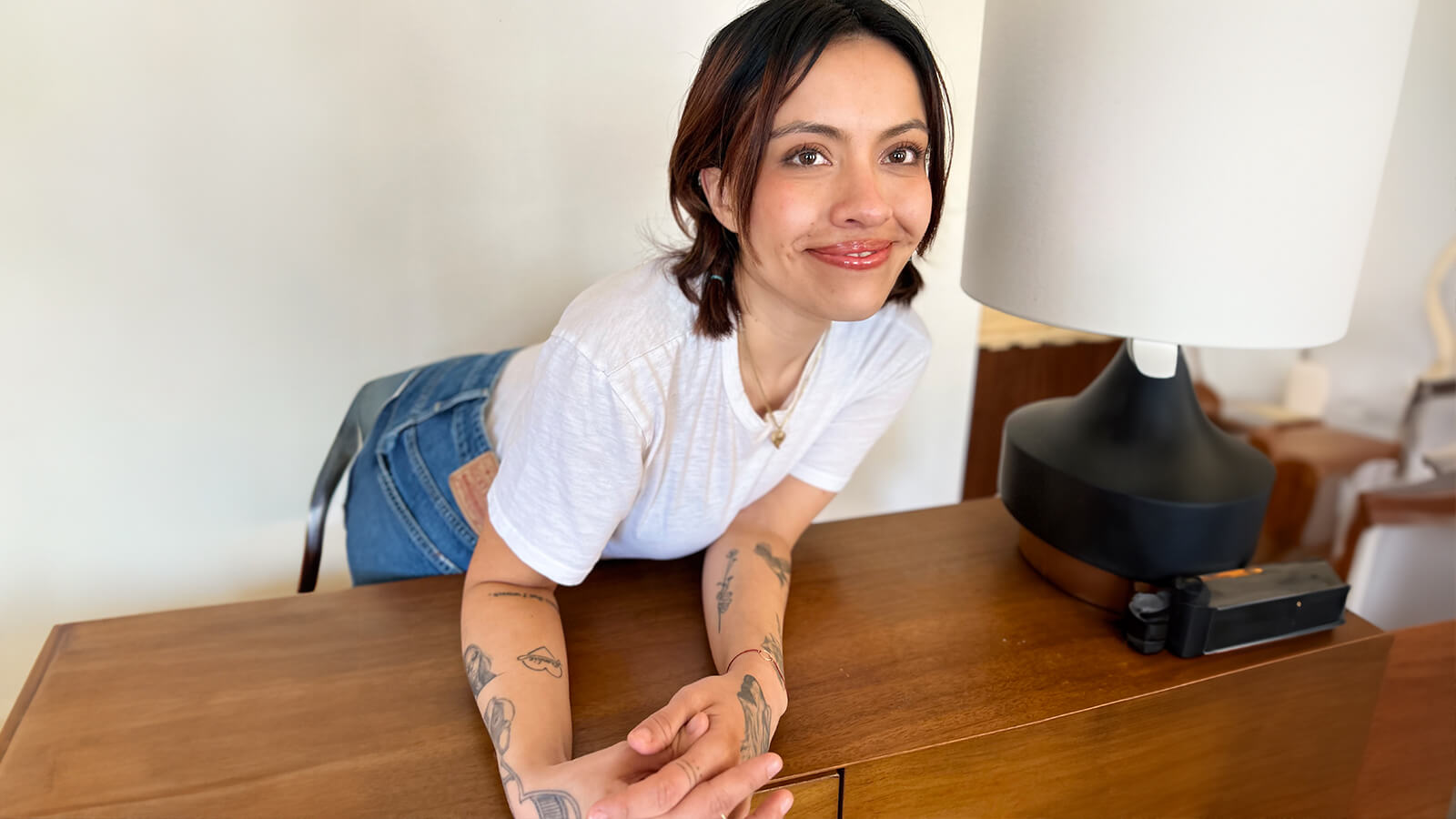An Excerpt From The Late Fatima Ali’s Book Exploring A Chef’s Hunger For More
After a life cut short by cancer, chef Fatima Ali’s mother and co-writer Tarajia Morrell worked together to finish her memoir, Savor, which will be released on 11 October. Exploring food, family, queerness, illness and mortality, this beautiful, poetic journey moves from Pakistan to New York City. We’re honoured to have this excerpt
I wanted a place where I could open people’s minds about Pakistan through their taste buds – to serve the glorious, generous, hearty food of my youth, of my Nano, and interrupt Western assumptions of Pakistan being a place of bias, of oppression, of terror. I didn’t want people to think about my home like that. When people heard the word Pakistan, it should be associated with how intoxicating those long-stewed goat hooves were that literally melted in their mouth – a dish one cannot eat any way other than loudly sucking, rudely, joyfully – with spices that just barely cut through all that fat around the bone and marrow that’s slipped out. It isn’t marrow that has to be forced out of a canoe-cut bone served with German mustard and a fancy knife in some gastropub! No. This is the same dish – the same marrow – that a shepherd who lives unapologetically with his herd cooks over a wood fire. It’s a stew that you have to eat with fluffy, pillowy, tender, crispy, simple charred naan. I wanted to show people all this flavour and unctuousness that goat hooves can provide – without them even thinking that they are goat hooves – and somehow transport them through their taste buds to a dhaba in Karachi, sitting on a charpai squeezing lemon, with freshly cut green chilis and ginger on their plate. I’d serve the kaleji (chicken livers) that I grew up eating with crunchy-soft toothsome potains (chicken colons), fragrant with clove and cardamom, coriander, chilis, and garlic. I’d marinate meat with raw papaya to break down its toughness, barbecue it, and wrap it around a soft-boiled egg, and instead of barbecuing it to make bihari kebab, I’d coat and then fry it to make a Pakistani Scotch egg.
My guests would feel the sense of gentle care, of easygoing but exciting nourishment, that Mohammad and I felt at Nano’s kitchen table. My food would speak directly to my customers. It would tell them its own story, frankly, and in doing so, they’d stop associating Pakistan with bombings and terrorism and start thinking about hot crispy chips, skewers of spiced liver, and peppers and potato and eggplant charred just right. They’d think about fluffy steaming basmati rice swirled with soft pieces of chicken. Suddenly they’d start thinking about colours and cocktails that are sour and sweet. They’d stop thinking about the bad stuff and start saying, Hey, have you been to this place?
But herein lies the paradox: Even as I longed to ingratiate foreigners to my home country through their palates, for myself, I find the idea of life in Pakistan anything but palatable. In Pakistan, I was perpetually running into acquaintances from my youth – men and women who think they know me because we studied in the same classroom when we were fourteen or because they saw me on TV – in other words, people who don’t know me at all. And when I was accosted on the street in Karachi by these well-meaning people, I felt a shortness, an uncomfortableness, like a dog choking on a taut leash. I felt that I was suffocating there, being asphyxiated by the societal pressure and lacking the anonymity I have everywhere else.
For all these reasons, I wanted my restaurant to be in New York City.
Savor by Fatima is released 11 October
Excerpted from SAVOR copyright © 2022 by Fatima Ali with Tarajia Morrell. Used by permission of Ballantine Books, an imprint and division of Penguin Random House LLC, New York. All rights reserved. No part of this excerpt may be reproduced or reprinted without permission in writing from the publisher.




